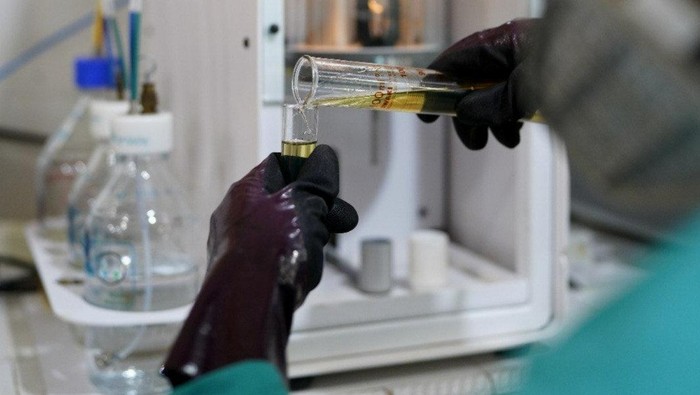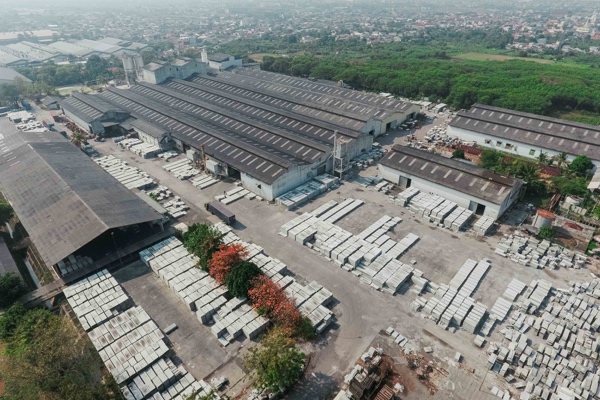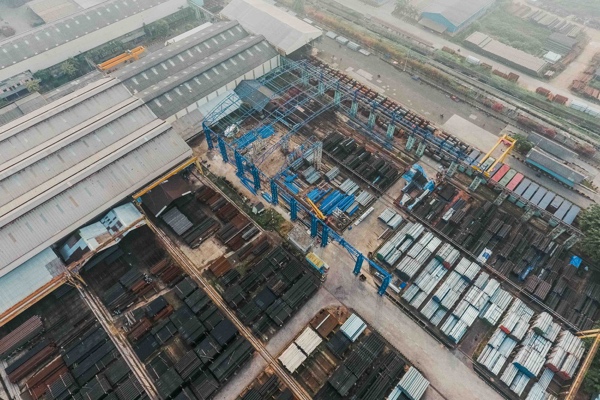E10 is Said to be The First Step in The Energy Transition

Source: Detik.com | October 19, 2025
The government’s plan to introduce a 10% ethanol blend (E10) is considered a significant breakthrough in the national energy transition effort. In addition to potentially reducing carbon emissions, this policy also opens up opportunities for the automotive and energy industries to adapt to the green fuel era.
Automotive observer and national rally driver Sunny Boy Hutabarat believes Indonesia’s move towards using ethanol fuel represents a new chapter in the nation’s automotive history.
“From the perspective of an observer, automotive enthusiast, and rally driver, I see this policy as a positive transformation. We are always being urged to move towards green energy for a better future for the environment,” said Sunny in Jakarta on Sunday (10/19/2025).
According to him, the use of E10 fuel is not only environmentally friendly but also offers technical benefits in terms of combustion quality.
“The combustion is cleaner. If combustion is cleaner, carbon emissions from vehicles will automatically decrease,” he explained.
Sunny explained that technically, ethanol fuel has different characteristics than pure gasoline. Although fuel consumption is slightly higher, it burns cleaner due to the higher oxygen content in ethanol.
“I’ve used E10 in Europe, and the throttle response is very smooth. It’s just like regular gasoline, even smoother,” he added.
He cited examples of countries such as Europe, the United States, India, and Thailand where the use of ethanol blended fuels is commonplace—even reaching levels of E20 to E85. Therefore, he believes extensive public awareness is crucial to avoid misperceptions.
“We must support this energy transformation. Don’t view ethanol as a threat, but as a solution for Indonesia’s energy future,” he emphasized.
Indonesia’s move towards E10 aligns with the clean energy transition policy currently being implemented by the Ministry of Energy and Mineral Resources (ESDM).
The government is targeting an increase in the mix of new, renewable energy (EBT) while reducing dependence on imported fossil fuels. The E10 program is part of the national energy agenda, which is not just a matter of technology, but also a long-term vision towards energy sovereignty and environmental sustainability.












